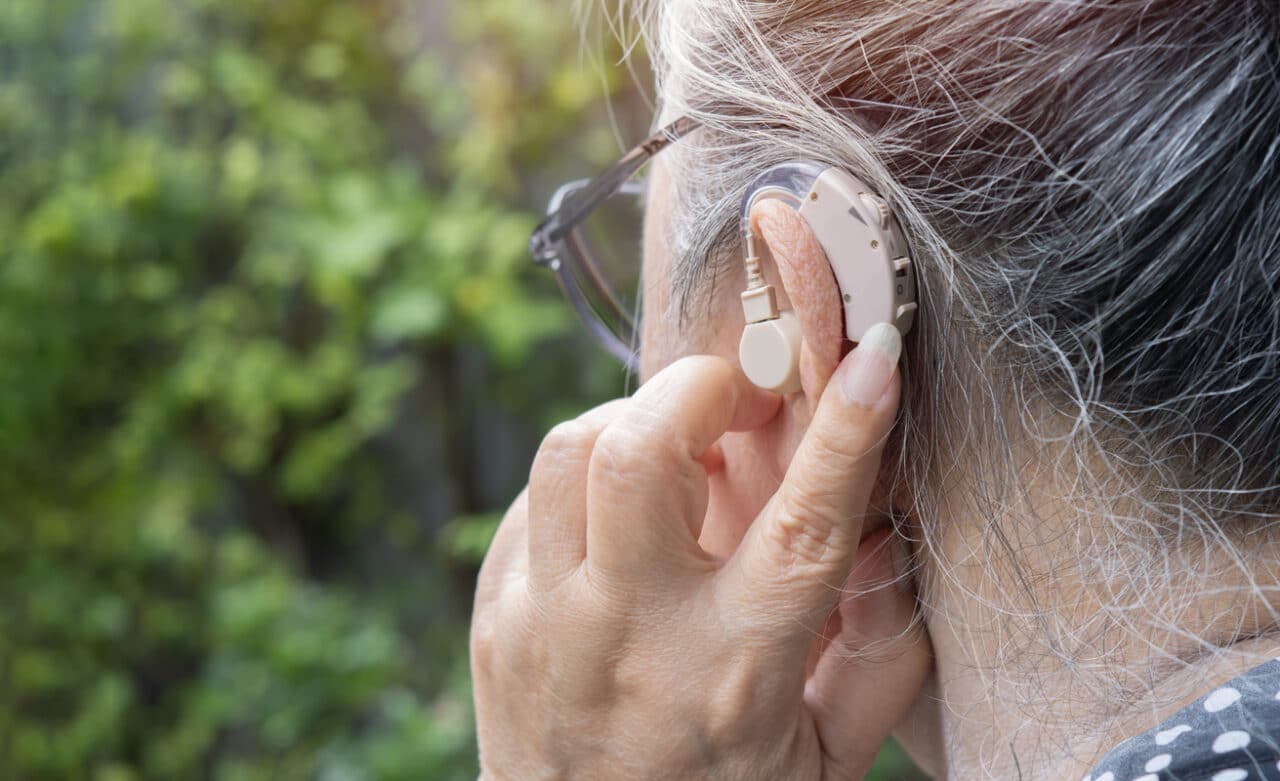Minimizing moisture damage is crucial for the functionality and longevity of your electronic devices, including hearing aids. You may wonder how best to care for your hearing aids, and part of their care is protecting them from moisture as well. There are some best practices to follow when protecting your hearing aids and drying them effectively.
Caring For Your Hearing Aids

Keeping your hearing aids dry should be a top priority if you want to extend their lifespan. There are several scenarios in which you’d want to dry your hearing aids:
- After exercising or sweating at places like Springhill Recreation Center: If you wear your hearing aids during physical activity, it’s important to dry them afterward. Sweat can impact the delicate components of your hearing aids, leading to disrepair over time.
- If you live or visit a humid environment: Humidity can impact your hearing aids. Moisture in the air can penetrate the device and cause damage. It’s good to regularly dry your hearing aids to prevent damage.
- After water exposure: If you get caught in the rain or accidentally wear your hearing aids in the shower you should dry your hearing aids. The water itself may not cause immediate damage, but impurities in the water can corrode the internal parts of your hearing aids over time.
How to Dry
There are a few different methods for drying your hearing aids.
- Air drying: Air drying is the easiest method for drying your hearing aids. Lay them on cloth or paper in a non-humid room and place them within six feet of a fan.
- Desiccant or uncooked rice: Place your hearing aids in a commercial desiccant or uncooked white rice. Desiccants and rice are known for their moisture-wicking properties.
- Hearing aid drying box: Investing in a hearing aid drying box is a convenient and effective solution. These boxes are designed to dry hearing aids effectively. Place your hearing aids inside the box and activate the drying cycle.
- Hearing aid sleeves: If you engage in physical activities, consider using hearing aid sleeves for added protection. The sleeves act as a barrier against sweat and moisture reducing, damage to your hearing aids during exercise.
Approximately 28.8 million U.S. adults could benefit from the use of hearing aids. If you have questions about how to protect yours or think you may need them, contact Premier Medical Group.